This certainly is an interesting year for me. I’m experiencing a lot of new things. For starters, I am building a life for myself in a foreign country, Germany. I am getting used to speaking in a new language, German. I’m making friends in a new city that I’m now calling home. In my nine months of living in Germany as a Fulbright, I really feel like a changed person.
Before I get into the more personal details with this post, I’d like to tell you a little bit about my host city, Berlin. Mainly, Berlin is a young city – both historically and demographically. I like to call Berlin “The Peter Pan City” because of its youthful atmosphere. I see signs everywhere telling Berliners either to grow up or to never grow up.
When Germany lost the first World War in 1918, the country then became a republic – a period known as the Weimar period – which lasted until 1933. It was at this time when Hitler came to power. As the leader of the Nazi Party, Hitler lead Germany through the Second World War, until the country was then defeated in 1945. Soon afterwards, the country was divided into two separate countries, a communist country on the east side, the German Democratic Republic (part of the Soviet Block) and a capitalized country in the west, the Federal Republic of Germany (influenced by the USA and other allies).
Berlin itself was originally divided into four parts after the Second World War – a French sector, a British Sector, an American sector, and a Russian sector. Later on, Berlin merged into two parts, an Allied side and a Russian side. At one of the heights of the Cold War, in 1961, the Soviet troops built a wall dividing Berlin in an effort to prevent people living on the east side from escaping to the west. This wall stood for three decades and only came down in 1989 when communism ended and Germany was reunited as a country in 1990.
Today – and for the last twenty-seven years – Germany has been lead by a democratically elected Parliamentary government. It is a member of the European Union and NATO and it is considered one of the leading countries in all of Europe. Living in this city for one year has provided me not only a major lesson in history, but a lesson in humanity. I’ve seen firsthand the results of what can happen when not only a city – but a country – is divided for a long period of time.
Just from observation, I can see that Germany is still picking up the pieces from its complicated past. It is a country that is recovering both emotionally and economically. Germans are still figuring out what it means to have a national identity. Overall, I’ve noticed that “nationalism” is not a big thing here. I rarely see Germany flags raised anywhere, except when they are raised above government buildings. I gather that Germany, perhaps more than any other country in Europe, understands the price that is paid when nationalism gets too far out of hand.
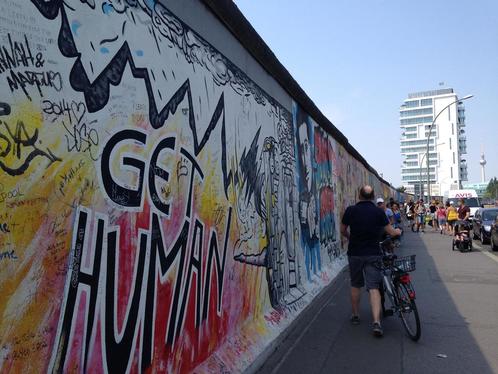
Another thing I find interesting about Berlin is that when you walk around the city you can tell what side of Berlin you’re on simply by looking at the buildings. The architecture dividing east and west Berlin is very distinctive. For instance, when you walk down the street I live on in Kreuzberg, you can tell that it was on the former Eastern communist side. The buildings are tall and they all look alike – they are often painted a single color and have identical square windows. The buildings in west Berlin often have a lot more character. They weren’t built as quickly and often have a sturdier foundation.
Walking through Berlin is like walking through a trail of history. Every building and neighborhood has its own story. Every part of Berlin is different, whether you’re walking past the wonderfully modern Sony Center, or the Prussian style buildings on the Unter den Linden street. You can see the communist style buildings in my neighborhood of Kreuzberg and the remnants of Hitler’s bunker located near the Reich Chancellery. I can even see the pride of modern Germany today when I cross the Schilling bridge over the Spree River. I can see the beautiful TV tower rising in the distance. This to me is Berlin – a city of many stories, a city of very diverse historical periods.
As a Jewish person and an American, I realize that Germany has a really complex past and people who share similar identities to me have played an important role in it. For a while it took great effort on my part to accept modern day Germany because of its role in the Holocaust and the two World Wars. I am a descendent of Holocaust victims and I have World War II veterans who are close to me in my family. There is not a day that I forget the past of the country I’m living in.
Rather, I look at Germany today as a welcoming place and a second home for myself. While this year I have missed my family, I feel that I have been able to build a second family for myself in Germany. In moving to a new country, I learned the importance of having a community. I would have simply been too lonely if I didn’t reach out every day and try to meet people. I’ve made some amazing friends in Germany – whether its been through the Fulbright program, Potsdam university, my dorm, or the Jewish community. I’ve had awesome memories with people from all over the world and I’ve certainly learned a lot.
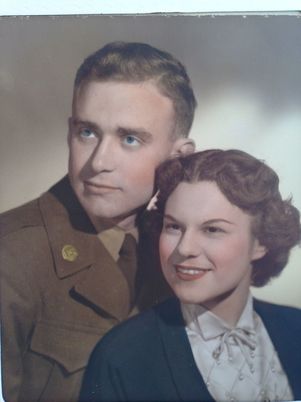
Another time I needed support was right after the Presidential election. The election took place just before my grandfather’s death so dealing with them both at the same time was tough for me. While my grandfather’s death hit me harder because I lost a beloved member of my family, the election was hard as well because for the first time in a long time, I felt genuinely concerned for my country.
I began to take more time to think about my own American identity. Why was I proud to be a US citizen? What more could I do in these tough times to help my country and to help the world? As an American living in Germany, I felt that I had a certain responsibility to represent my country in the best possible way. I wanted to be sure that I was educated enough about the issues facing the US so that when anyone asked me about my country’s political system or stance on issues, I knew enough to answer them.
As a Fulbright, I knew my job in Germany was to serve as a US cultural ambassador. Yet, as many other Fulbrights would agree, this job suddenly felt greater after the presidential race because so many people in the world became more interested and concerned about the United States’ future. I realized that since I was a Fulbright, I had a unique opportunity to educate people in my host country about America. It was my job to speak up and remind people that America is so much more than any single person – America is about the people and the principles of freedom, equality, and a democracy of checks and balances.
I’ll always remember when I gave a presentation to my German class discussing American art and photography. I showed my class slides like the Portrait of George Washington, the Statue of Liberty, and the painting of Ruby Bridges that have been cemented into my memory. I showed my class iconic photographs from 9/11, the “I have a Dream Speech,” and the Miracle on Ice. I tried to show them that to me, this is America – a land of great ideas, strong democracy, and diversity in people and thought. I think my class really liked the presentation, even though I made more mistakes in German than any person should!
There were so many other inspiring moments during this Fulbright year that I will take with me. These experiences include my travels with friends to other parts of Germany (Frankfurt, Heidelberg, Mainz, Hamburg, Leipzig) and my family’s visit to Germany where we had the chance to explore Berlin and Munich. I loved going on a trip to Amsterdam with my brother and then later travelling to Brussels and Luxembourg with a delegation of American Fulbrights to learn about the European Union and the North Atlantic Treaty Organization.
Another inspiring week for me was a week that occurred recently in March. At the end of last month, the German American Fulbright Commission hosted a European wide Fulbright conference based in Berlin. For a week, over 500 Fulbright grantees gathered to learn more about each others’ work and share thoughts about our experiences and projects. It was so wonderful to get the chance to reconnect with Fulbright friends from Germany whom I had met in the Marburg Language Program. Even more, it was really exciting to meet so many other American Fulbright grantees who were placed all over Europe.
As Americans, we have all shared semi-similar experiences living as foreigners in Europe. We shared stories and impressions of our various host countries. I learned a lot about life and culture in places like Spain, Greece, Sweden, and other countries simply by listening to Fulbrights speak about their experiences there. I also enjoyed meeting some of the other 200 German students who will be living in the US next year as German Fulbright grantees.
Even though I am not an immigrant this year – I am returning home to the US in July – the experience of moving to a new country, doing all the paperwork, not knowing anybody and hardly speaking the language – has given me a glimpse of just how much immigrants go through. My neighborhood of Kreuzberg for instance has a very large Turkish and Arab population. Now that I have lived in Berlin for eight months, I can relate better to my neighbors, many of whom are immigrants themselves and are working very hard to make a place here.
Furthermore, I’ve loved becoming active in Berlin’s Jewish community. Even though I was new here in October, in eight month’s time I feel like I’ve really developed a place in Berlin’s vibrant Jewish life. Every week, I attend different Shabbat dinners. I’ve taken two different classes on modern day Jewish life in Europe and I’m beginning to interview Jewish people more regularly. I’ve gotten involved in several German Jewish organizations and I’m helping to plan a German Jewish education conference called Limmud that will be taking place in May.
It’s interesting because now people in the Jewish community are no longer simply research subjects to me – they are neighbors and friends. I’ve learned that it’s one thing to research a community for a year, and it’s another thing to become a part of it. In all of my past research experiences with European Jewry, I have never felt as connected to a single European Jewish community as I feel right now. This has been a gift from the Fulbright – having the ability to get to know a “foreign” Jewish community for a year. It’s funny to use the word “foreign” because perhaps that’s not even the right word. The Jewish community in Berlin used to feel foreign to me – but maybe one of the greatest gift of this experience has been seeing that this community feels foreign no longer.
Most of the people I’ve met who live here are not actually from the city. Either they come from a different part of Germany or they come from another place, whether that be Russia, South America, the Middle East another part of Europe, or the USA. To me, Berlin is a city of continuous change and growth because it attracts so many young people. It is a city of constant motion and vitality.
One of the reasons I like to call Berlin “The Peter Pan City” is because I feel like I’ve bonded with people over the idea that none of us yet know what our future holds, none of us know exactly where we “fit” or who we are meant to be. Like Peter Pan and Wendy, so many of my friends and I are on the verge of adulthood. We are deciding what our next moves are and what career paths will make us happy.
I am grateful for the Fulbright year because it has given me the opportunity to explore my interests and think deeply about the future. Because of my experiences here, I am considering even more career options than I used to allow myself to before. I’ve become more interested in careers in journalism, film, and politics. I’ve become braver in my planning – I know that no one ever achieved anything without taking some risks. I’m trying to live by this quote now, said by the famous Carrie Fisher: “Stay afraid but do it anyway. What’s important is the action. You don’t have to wait to be confident. Just do it and eventually the confidence will follow.” I know that deep down, I will publish my first book someday. Now is the time to see what else I am capable of doing so I can make my future as great as it can be.
So thus here I am, about to finish my first blog post in a while, writing to you from Berlin, the Peter Pan City. On some days I feel like Wendy – I am simply dropping into Neverland for a while and I will leave it soon to become an “adult.” But at other times I feel like Peter Pan, because in my heart I know that while I’ll be leaving Berlin soon, I’ll always take these memories with me. The Neverland of Berlin will stay with me because honestly – who ever actually grows up? Does anyone ever actually stop growing – or is this “growing up” business something that lasts for our entire life? Personally, no matter how old I get, I never want to stop growing or evolving. I never want to lose my “childish” curiosity or hit my peak – rather I always want the best and most exciting times to be ahead.
Thanks so much for reading. Until next time!
- Arielle
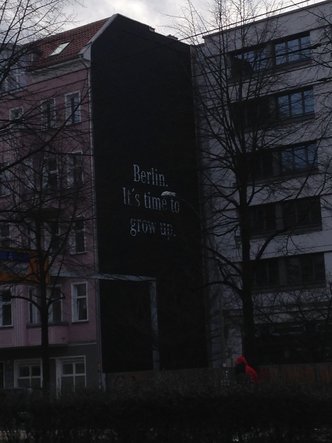
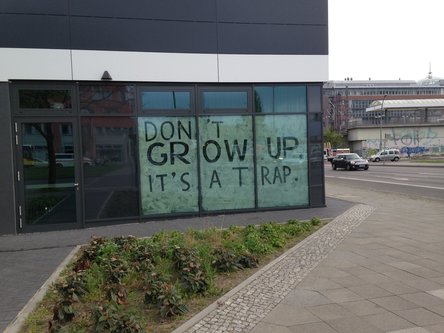
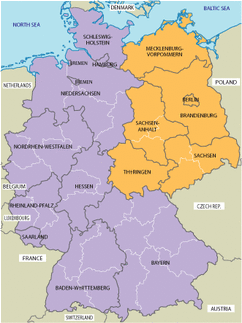
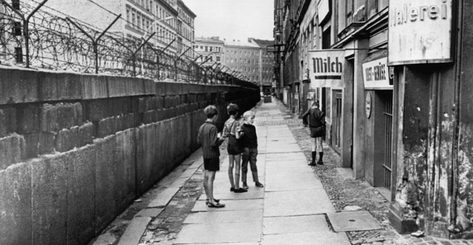
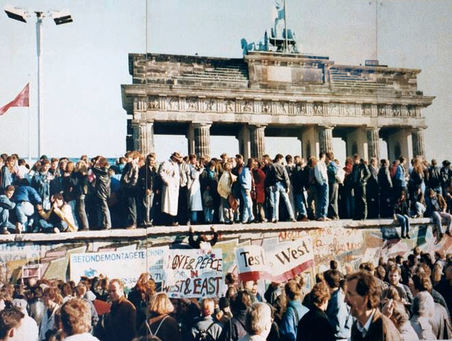
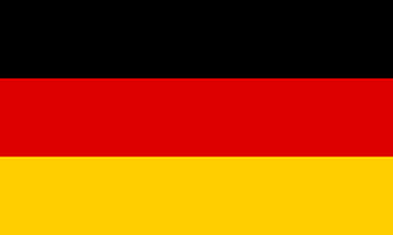
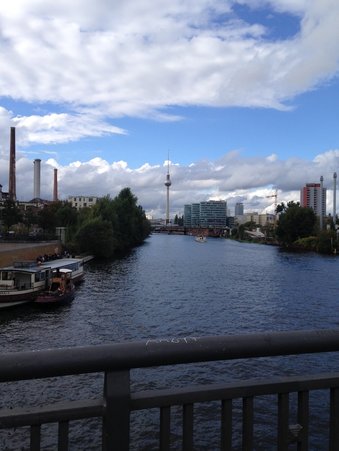
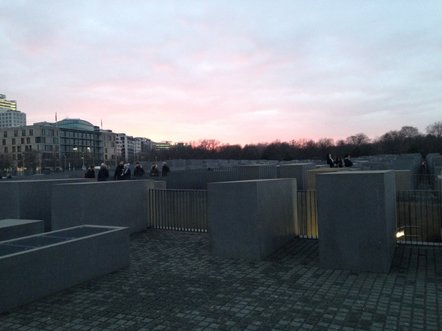
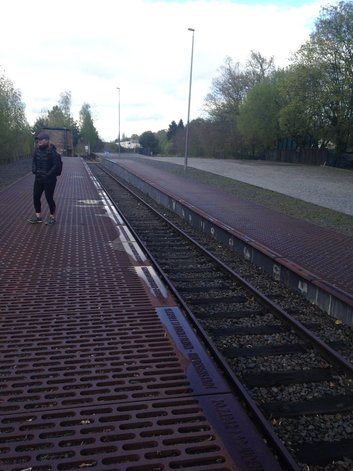
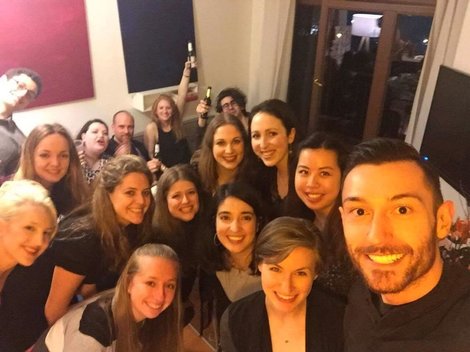
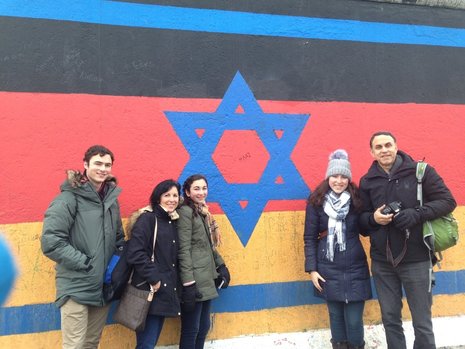
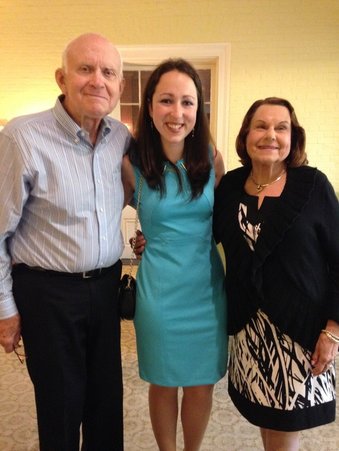
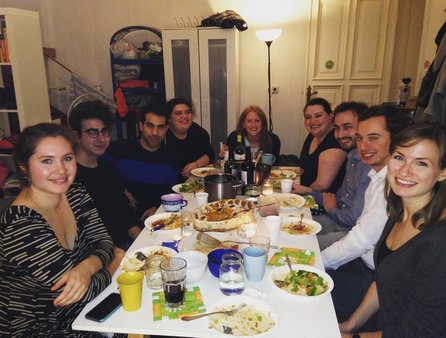
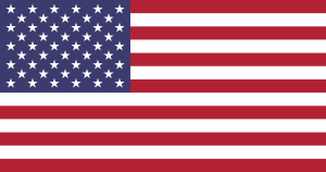
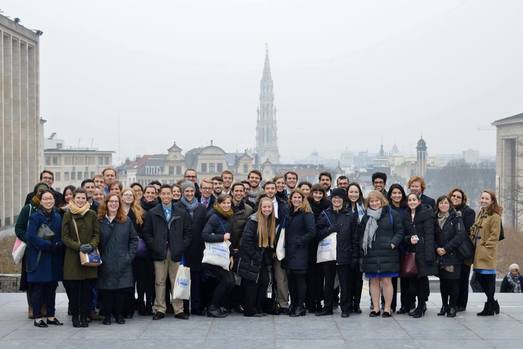
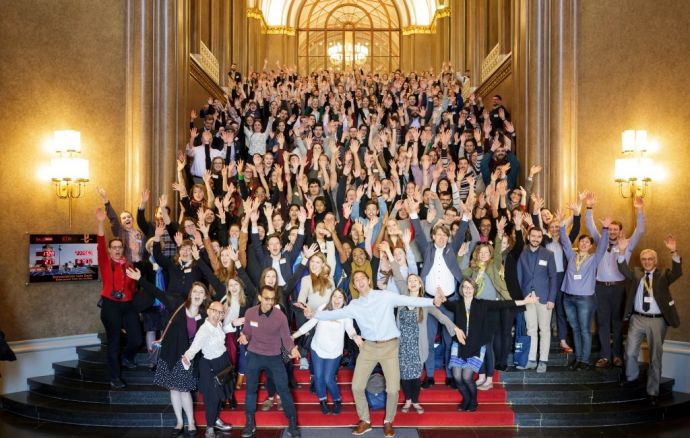
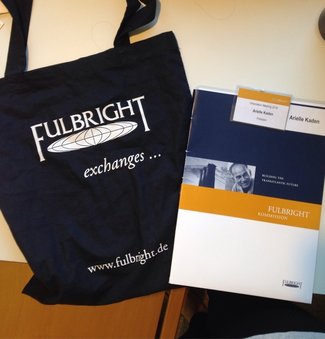
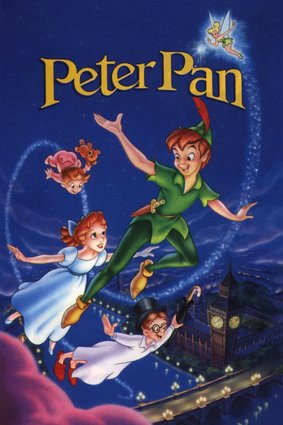
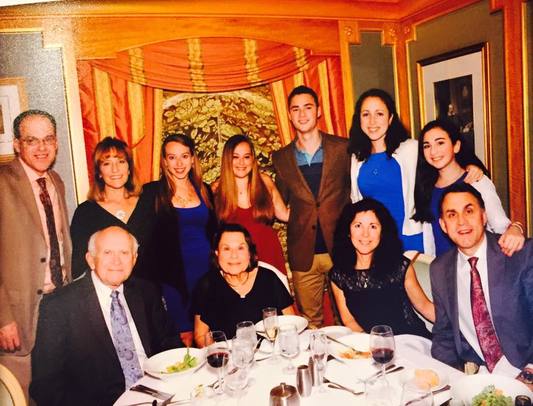
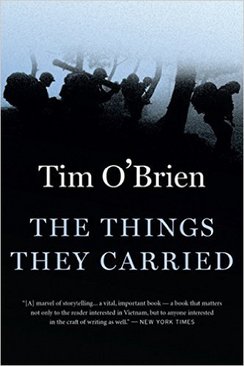
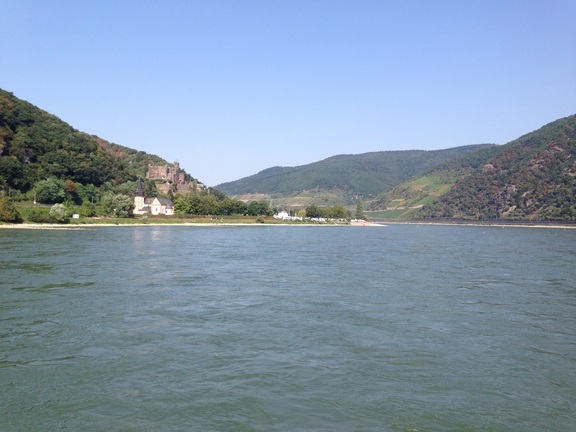
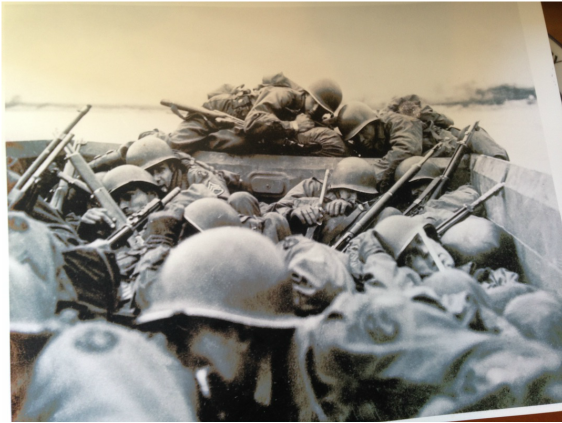
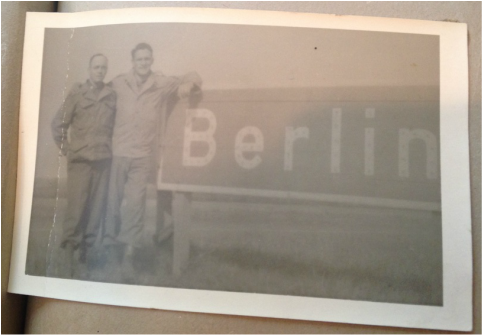
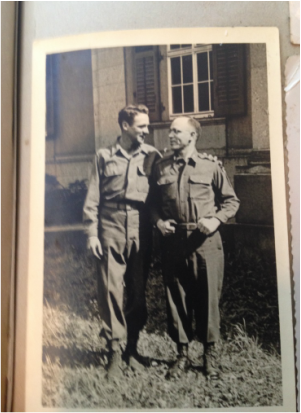
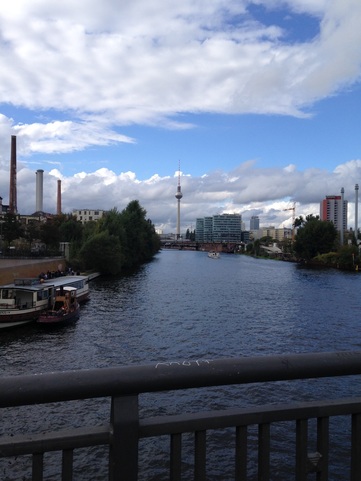
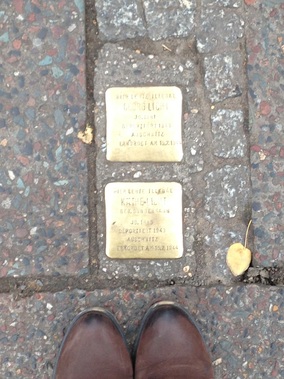
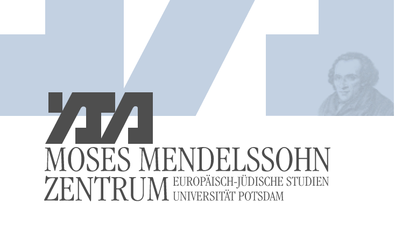
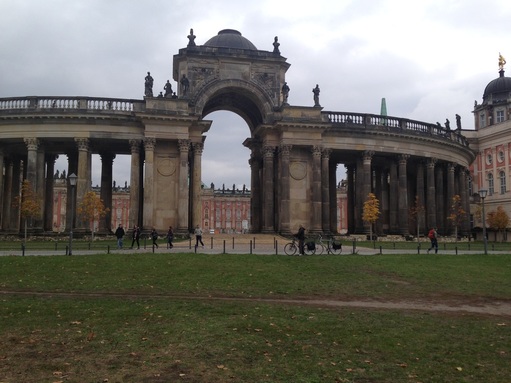
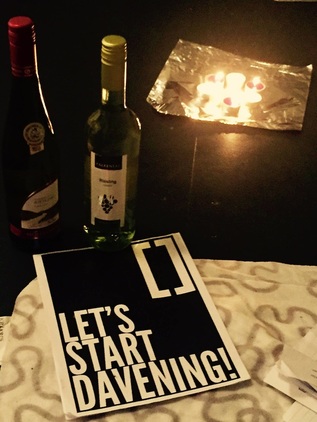
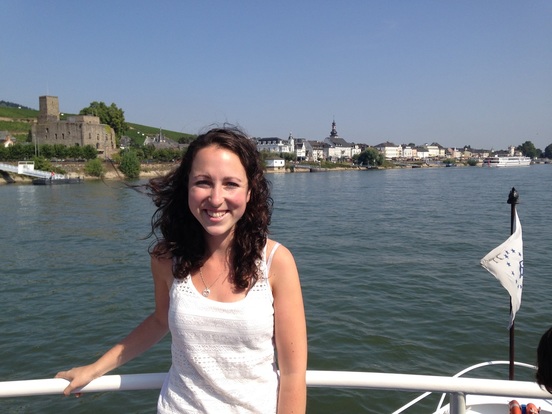
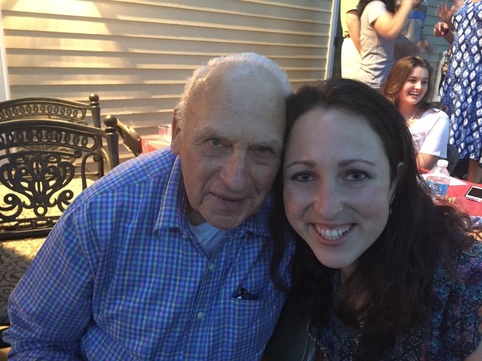
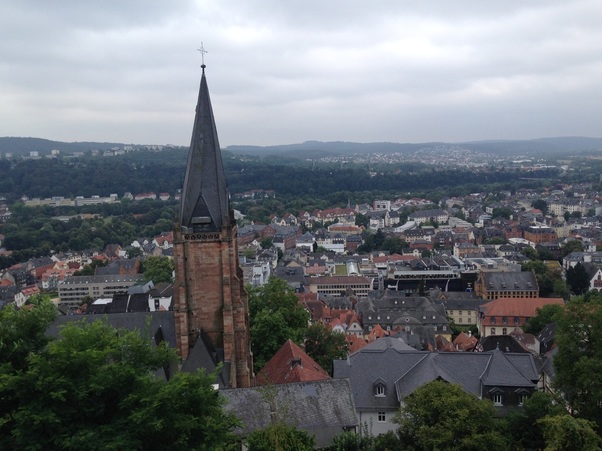
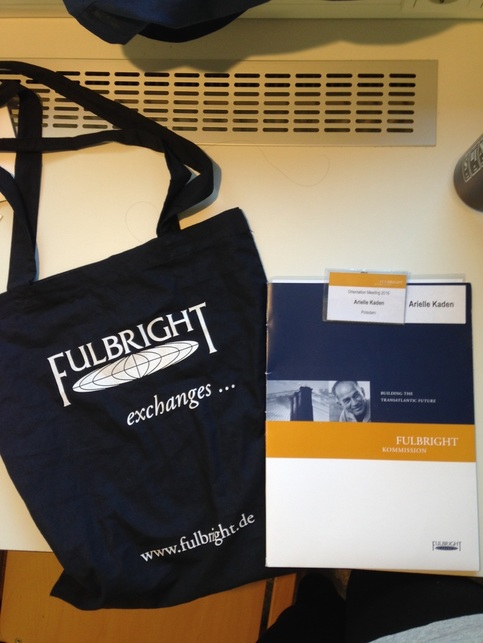
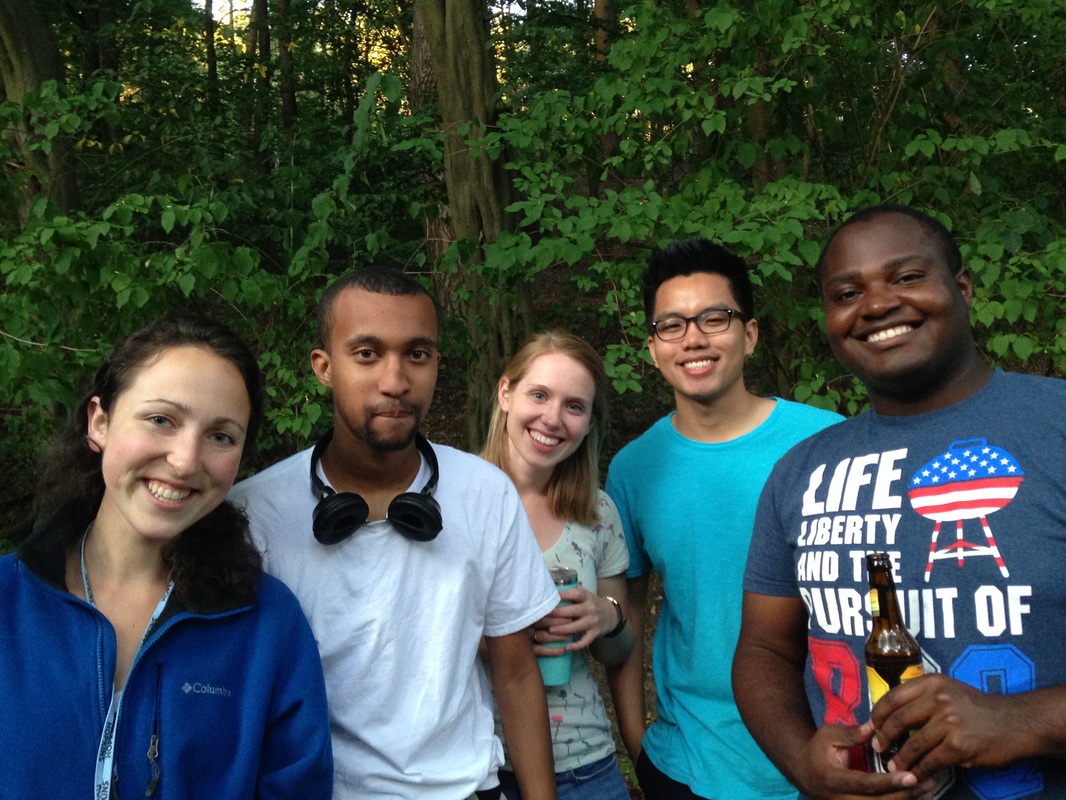
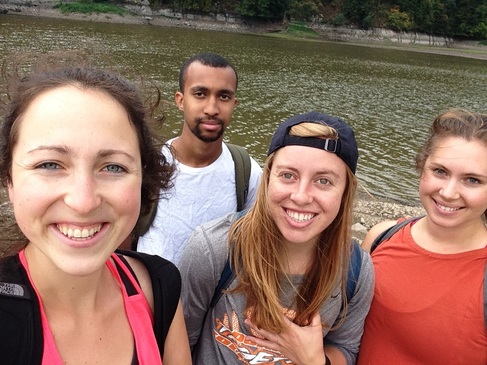
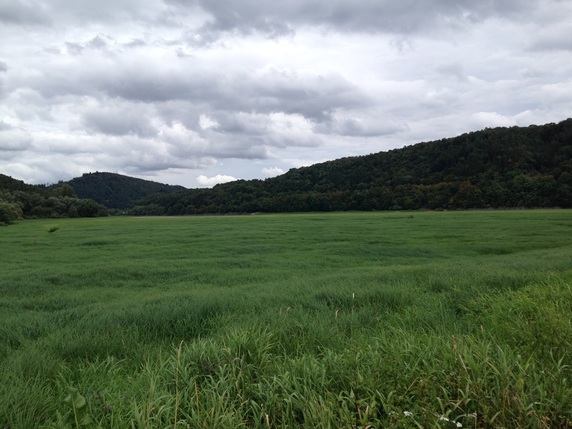
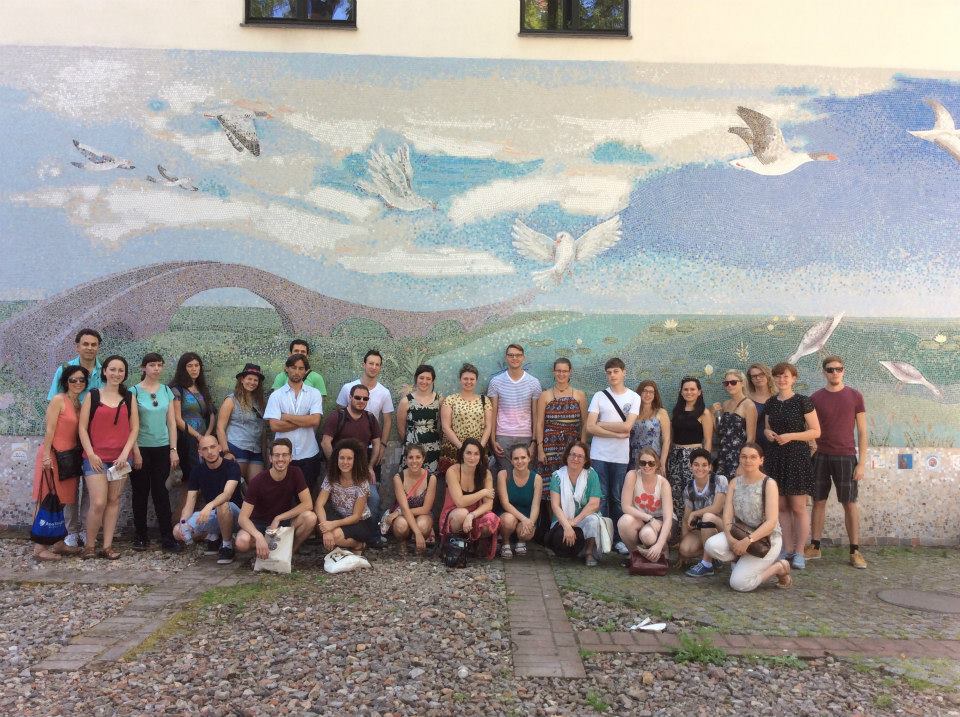
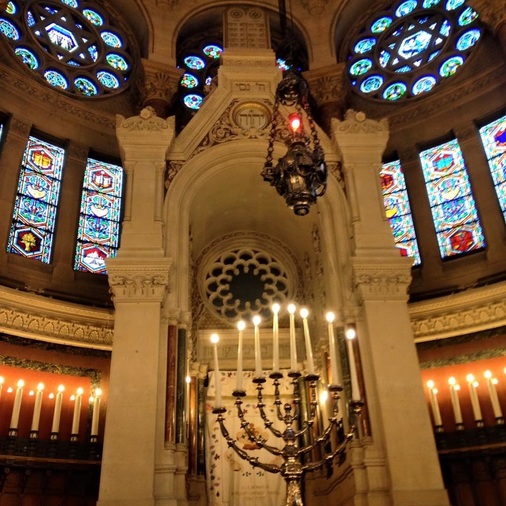
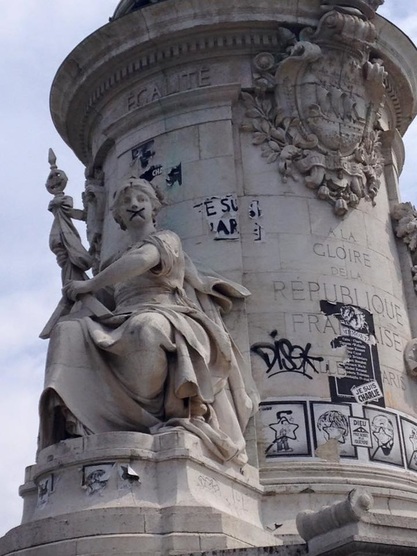

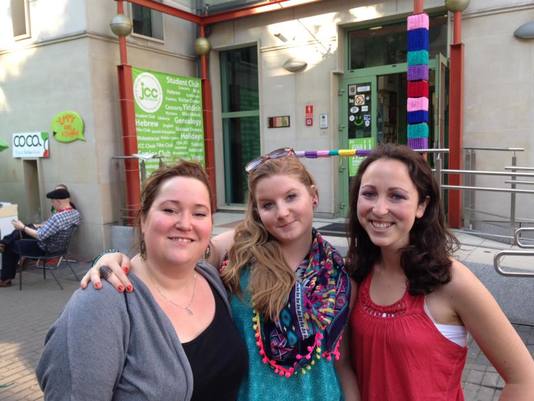
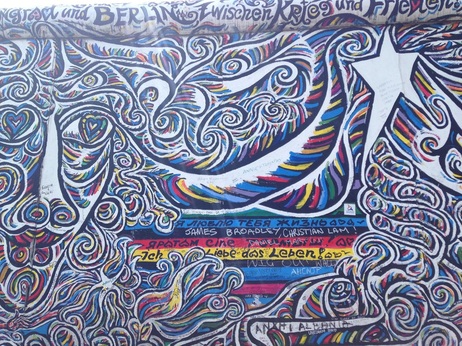
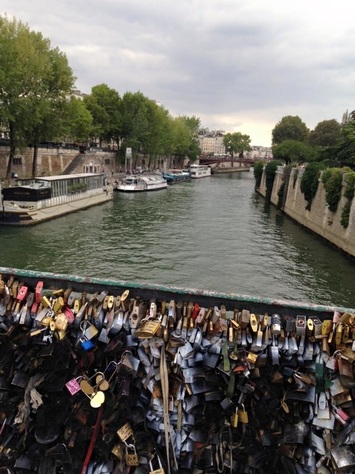
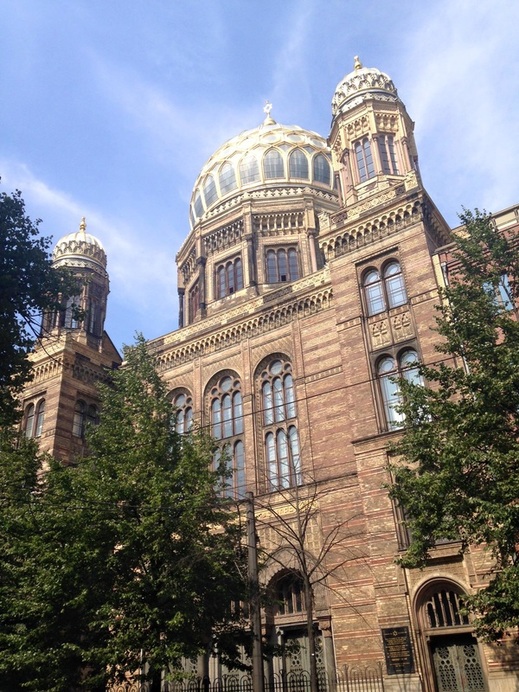
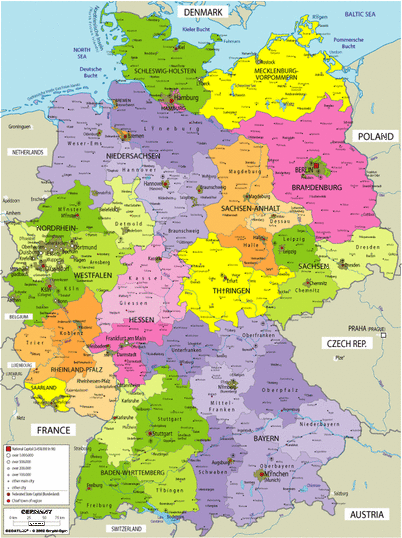
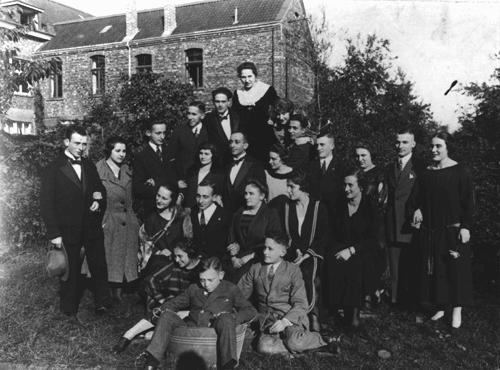
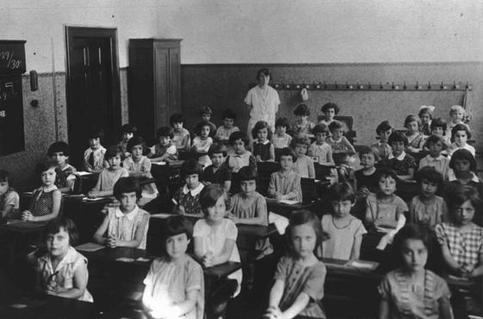
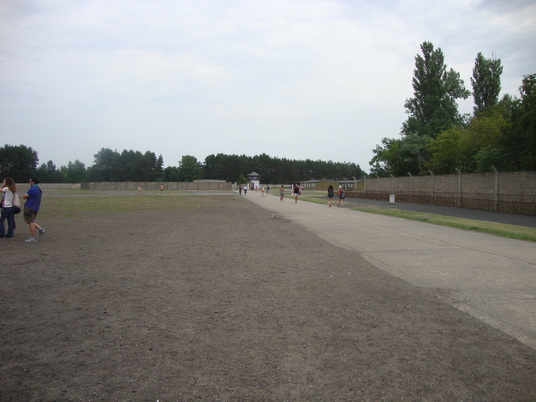
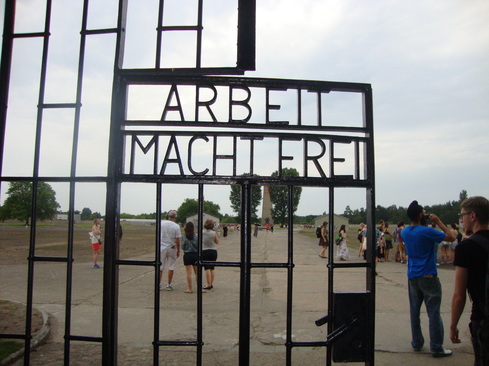
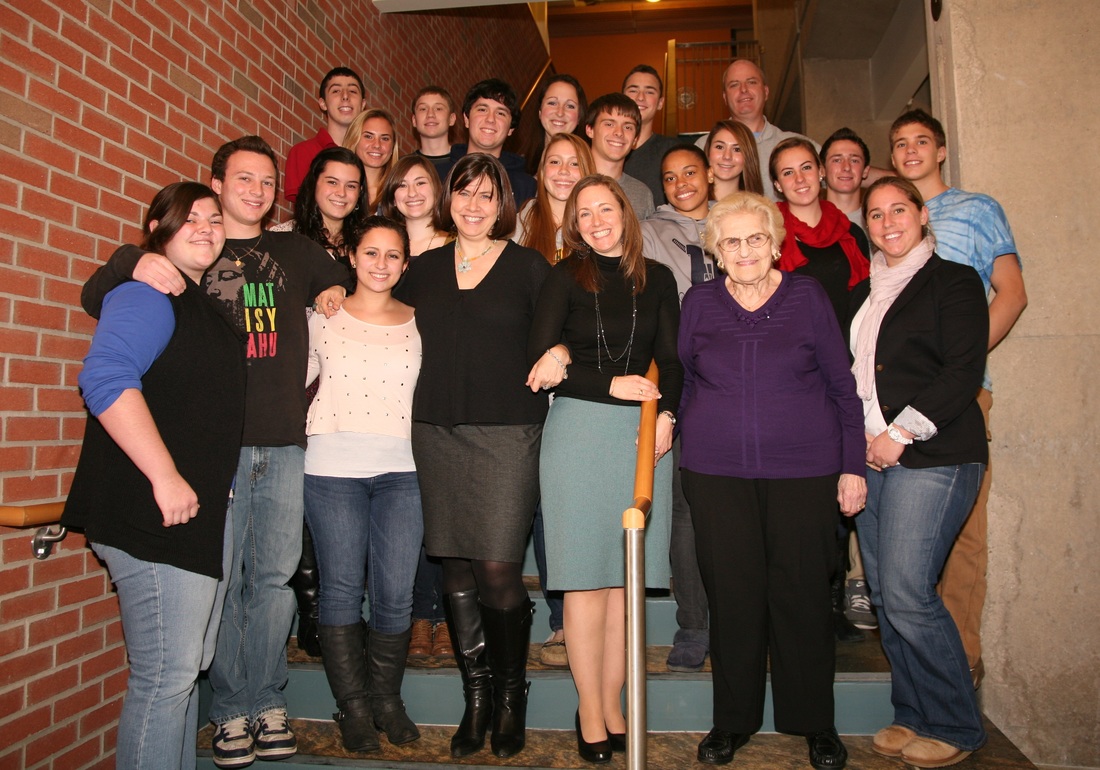
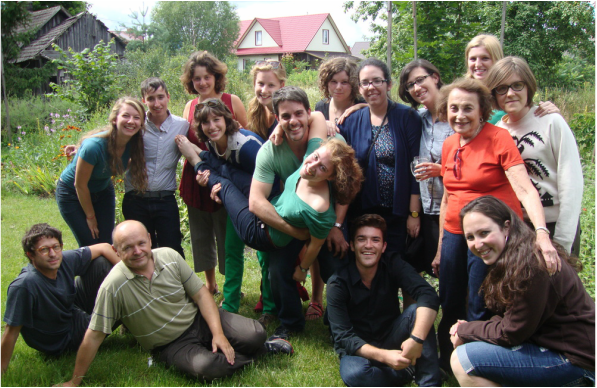
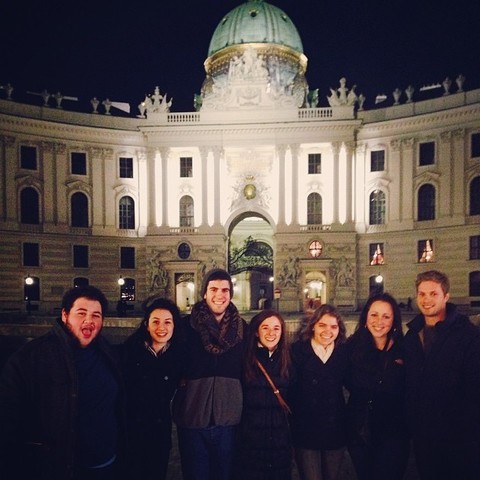
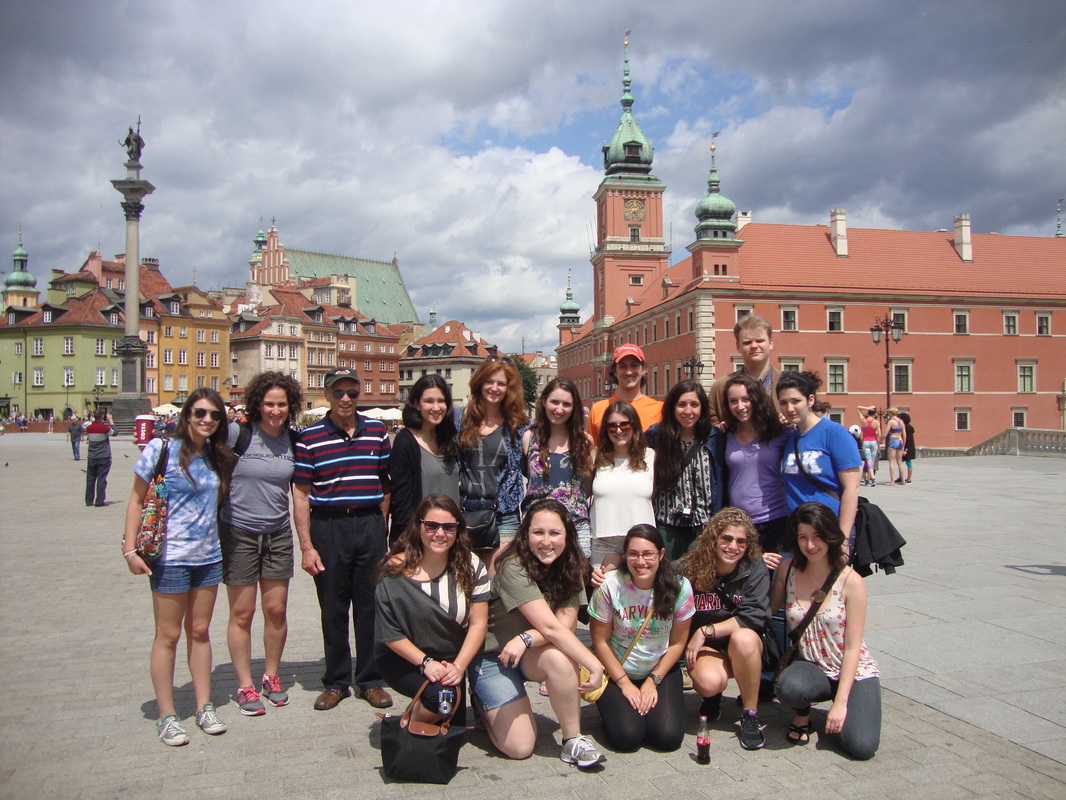
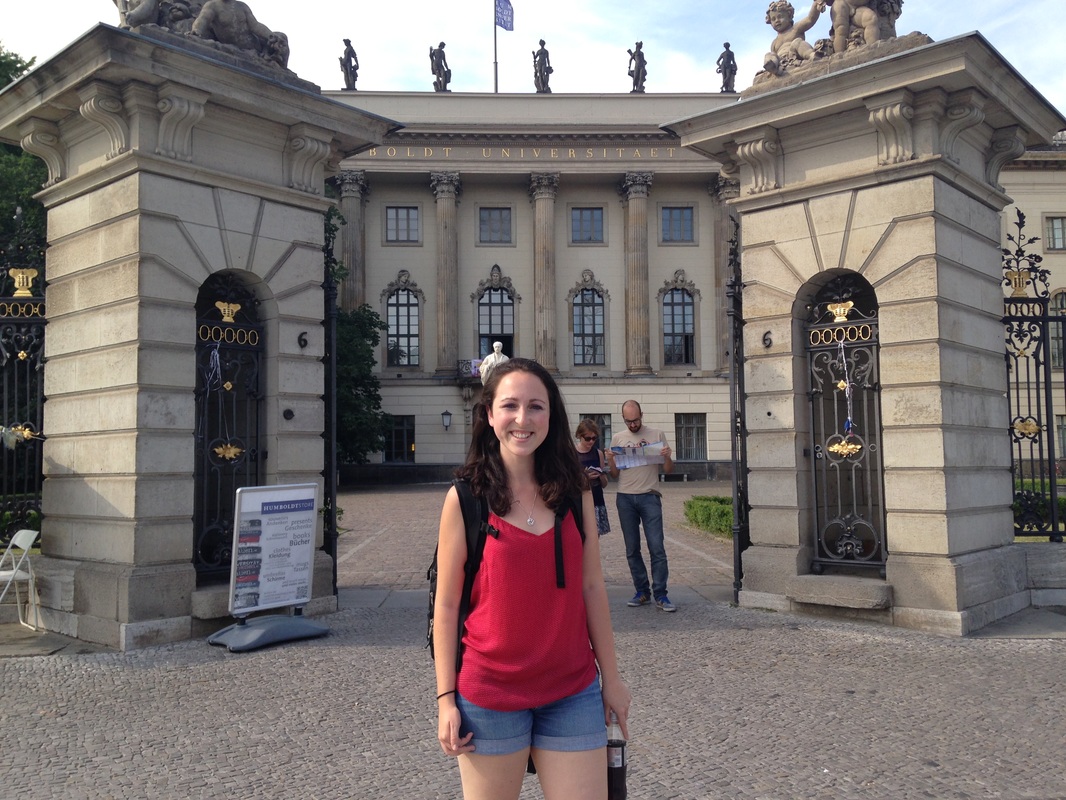
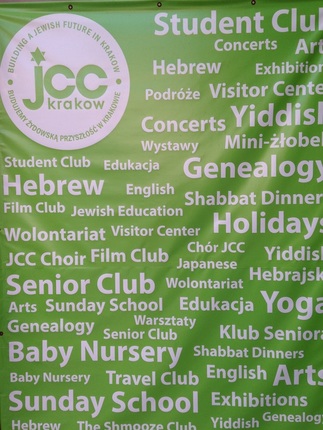
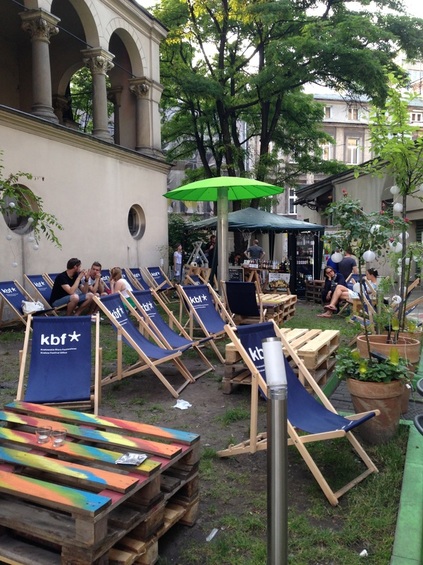
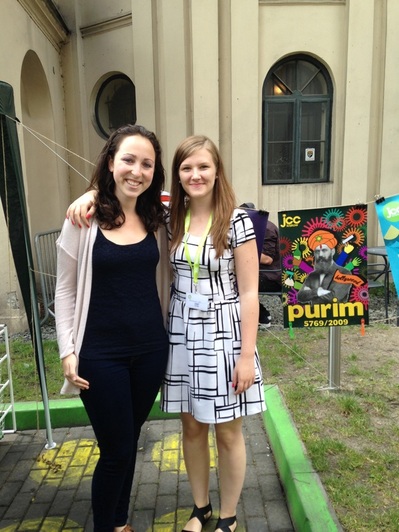
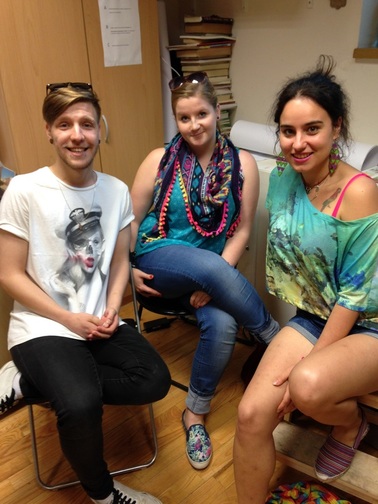
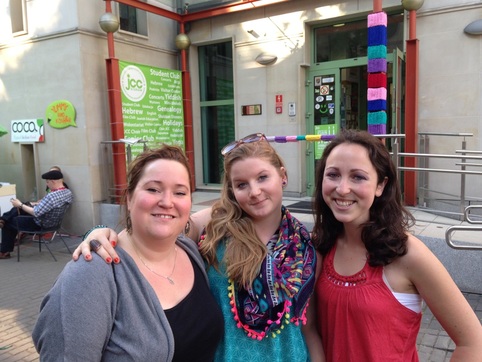
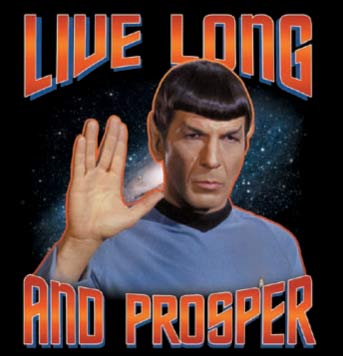

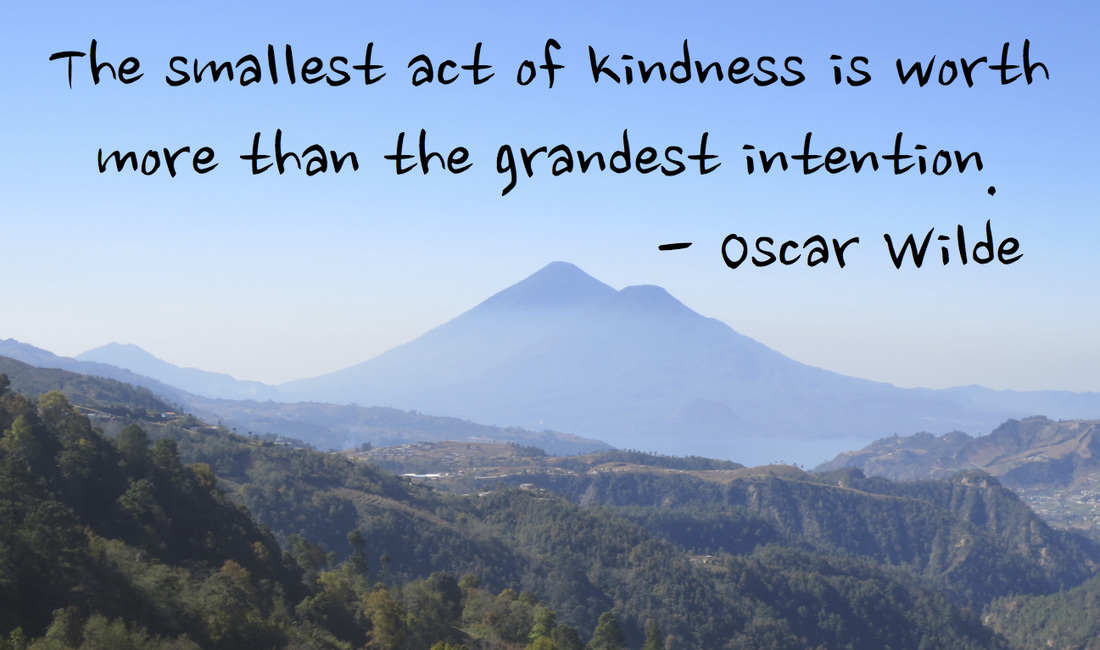
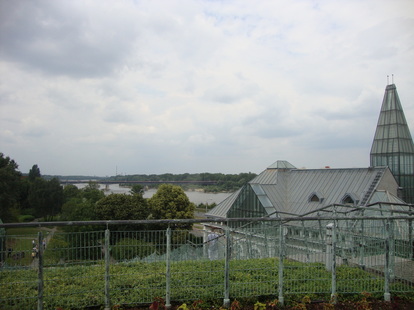
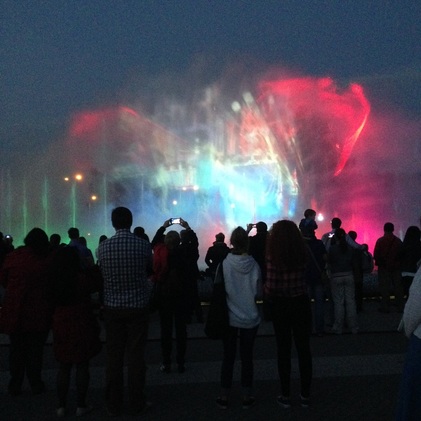
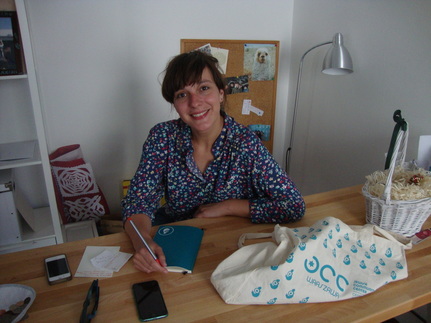
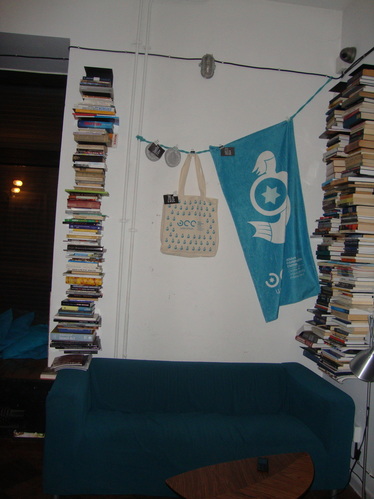
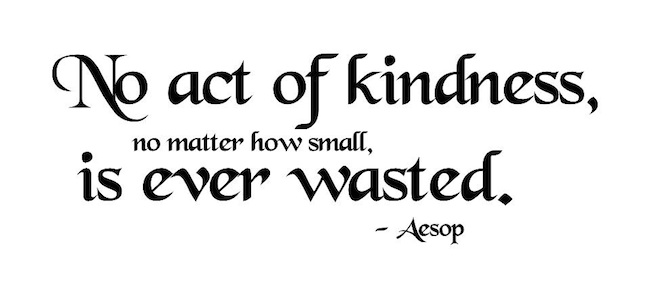
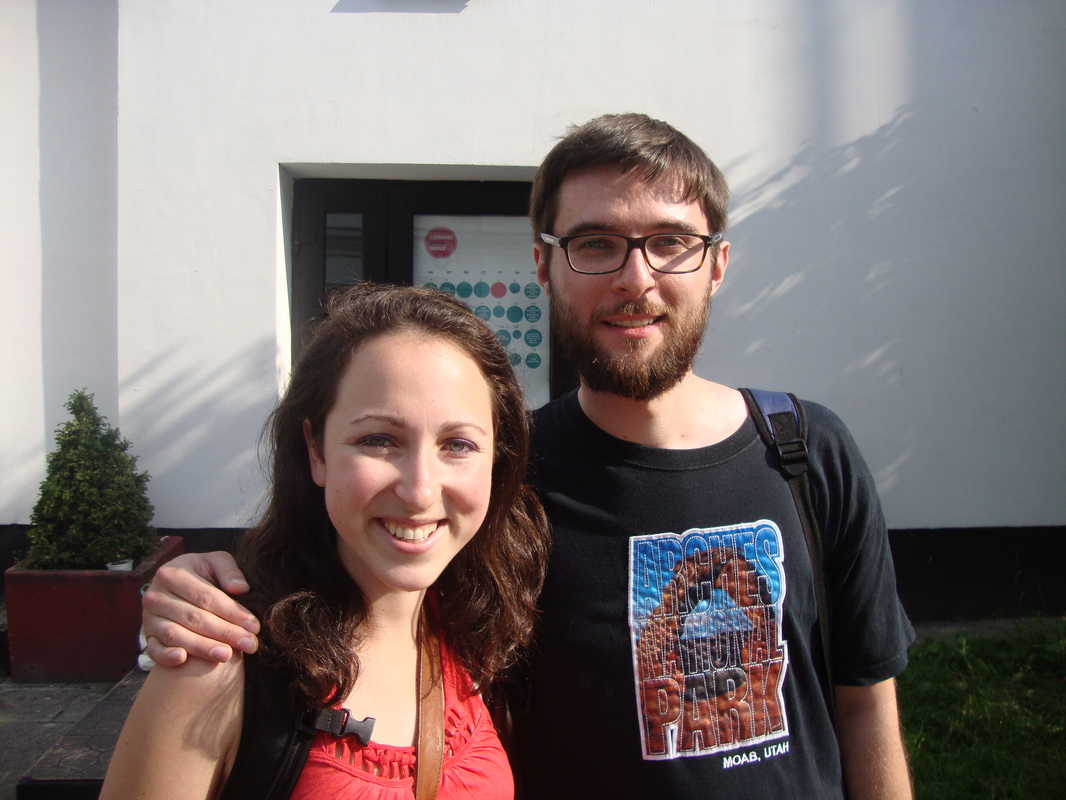
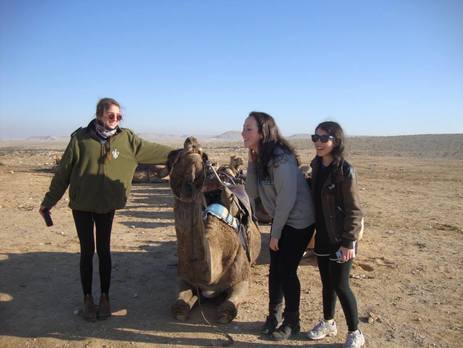
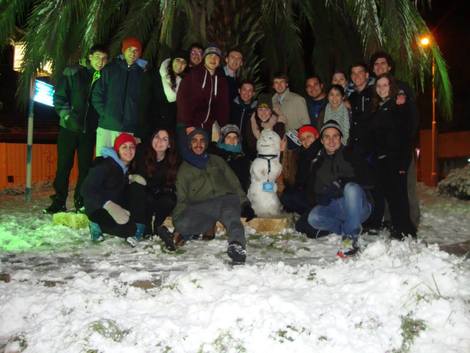
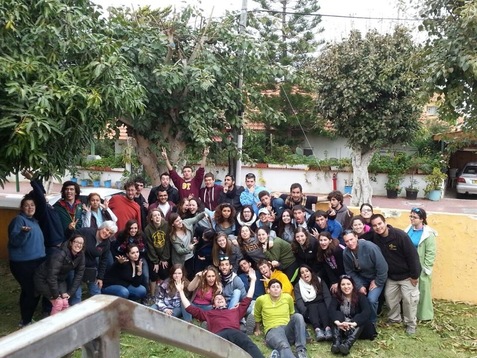
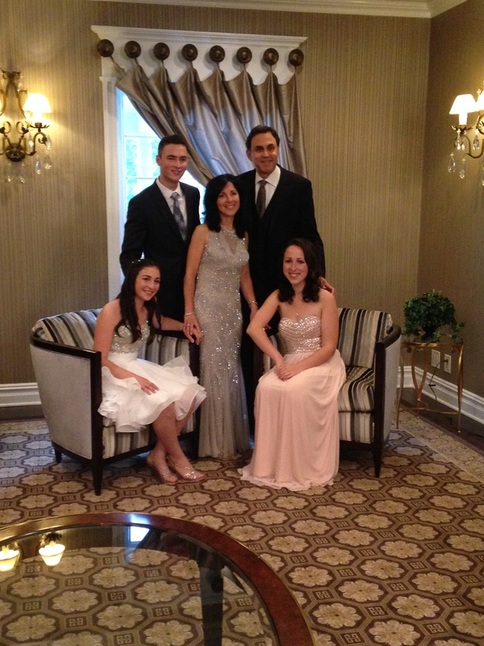
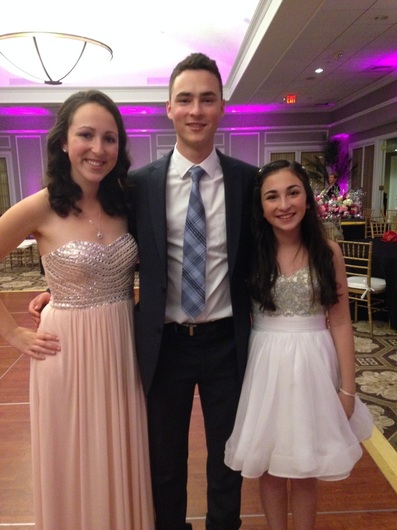
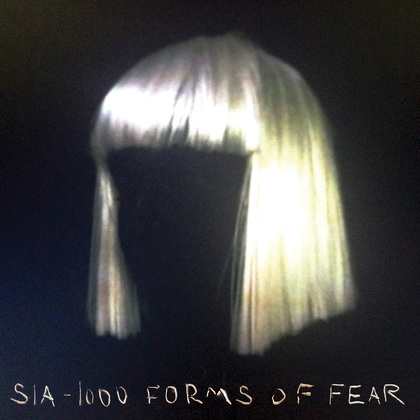
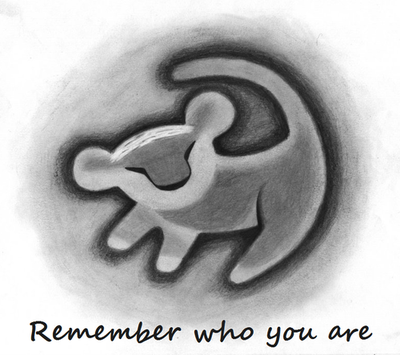
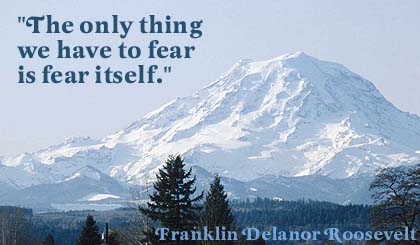
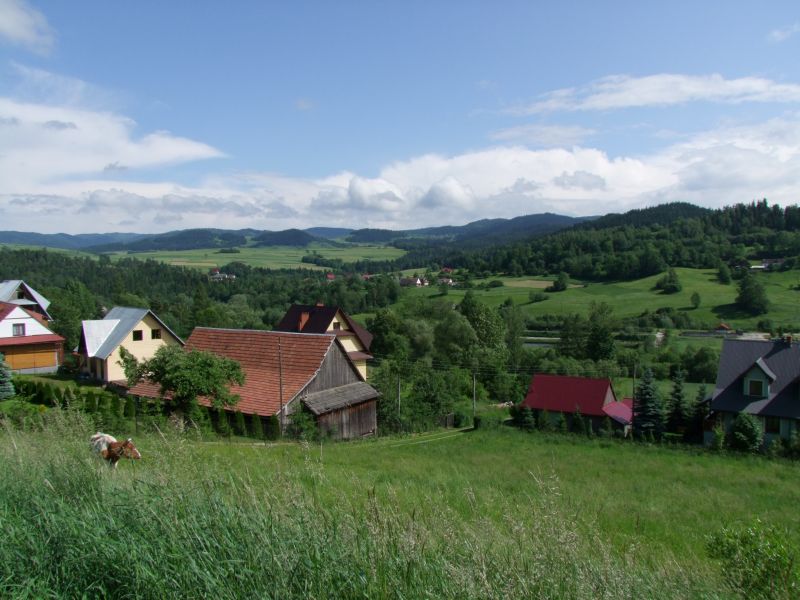
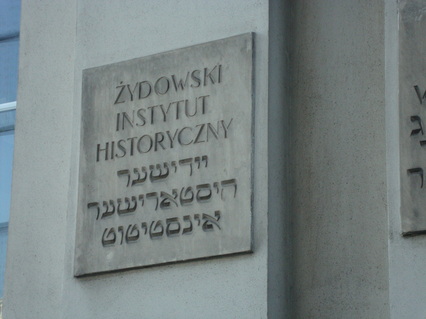
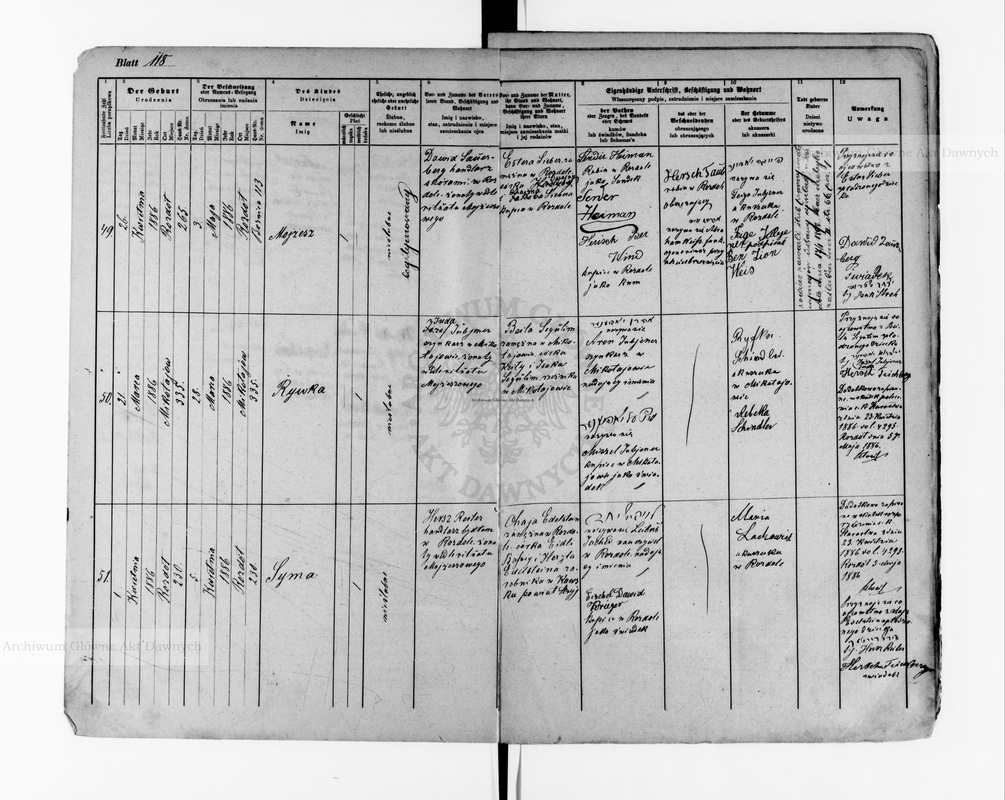
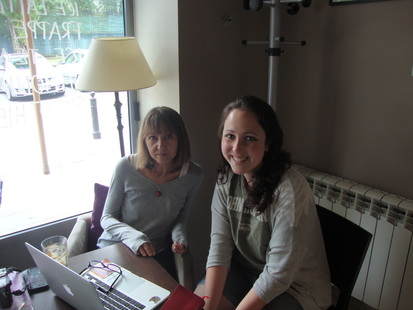
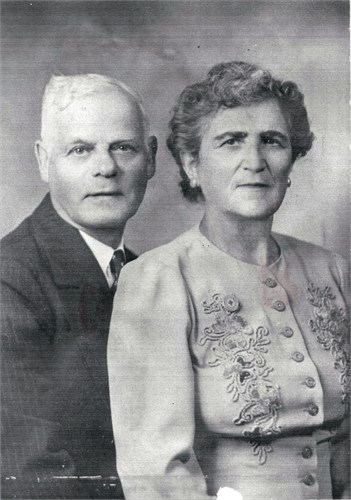
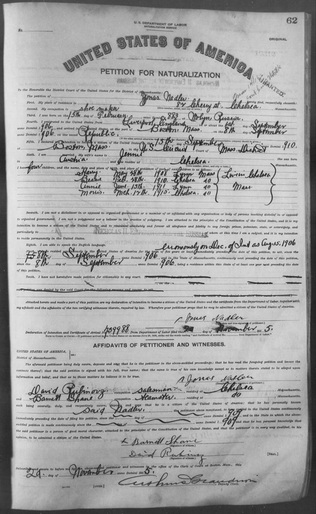
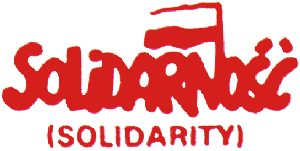
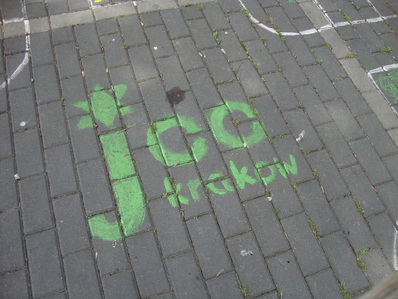
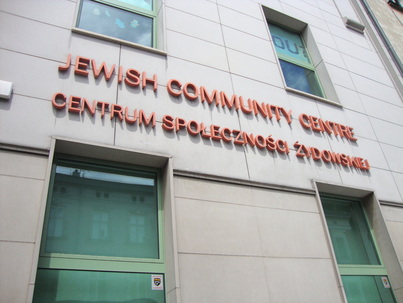
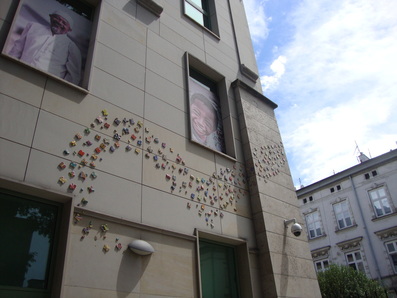
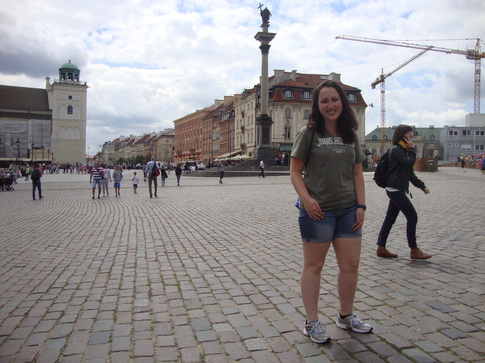
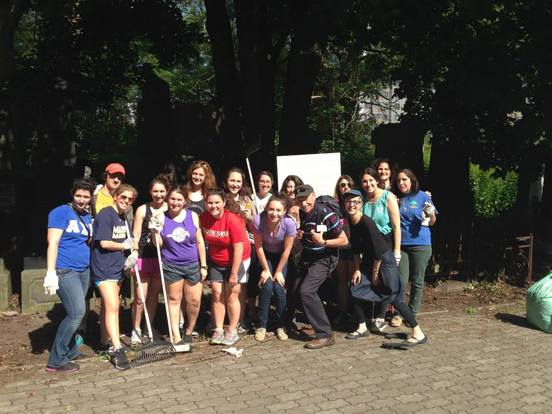
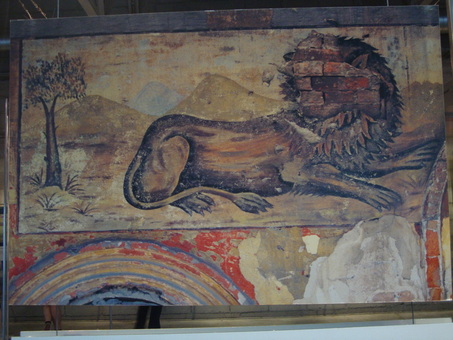
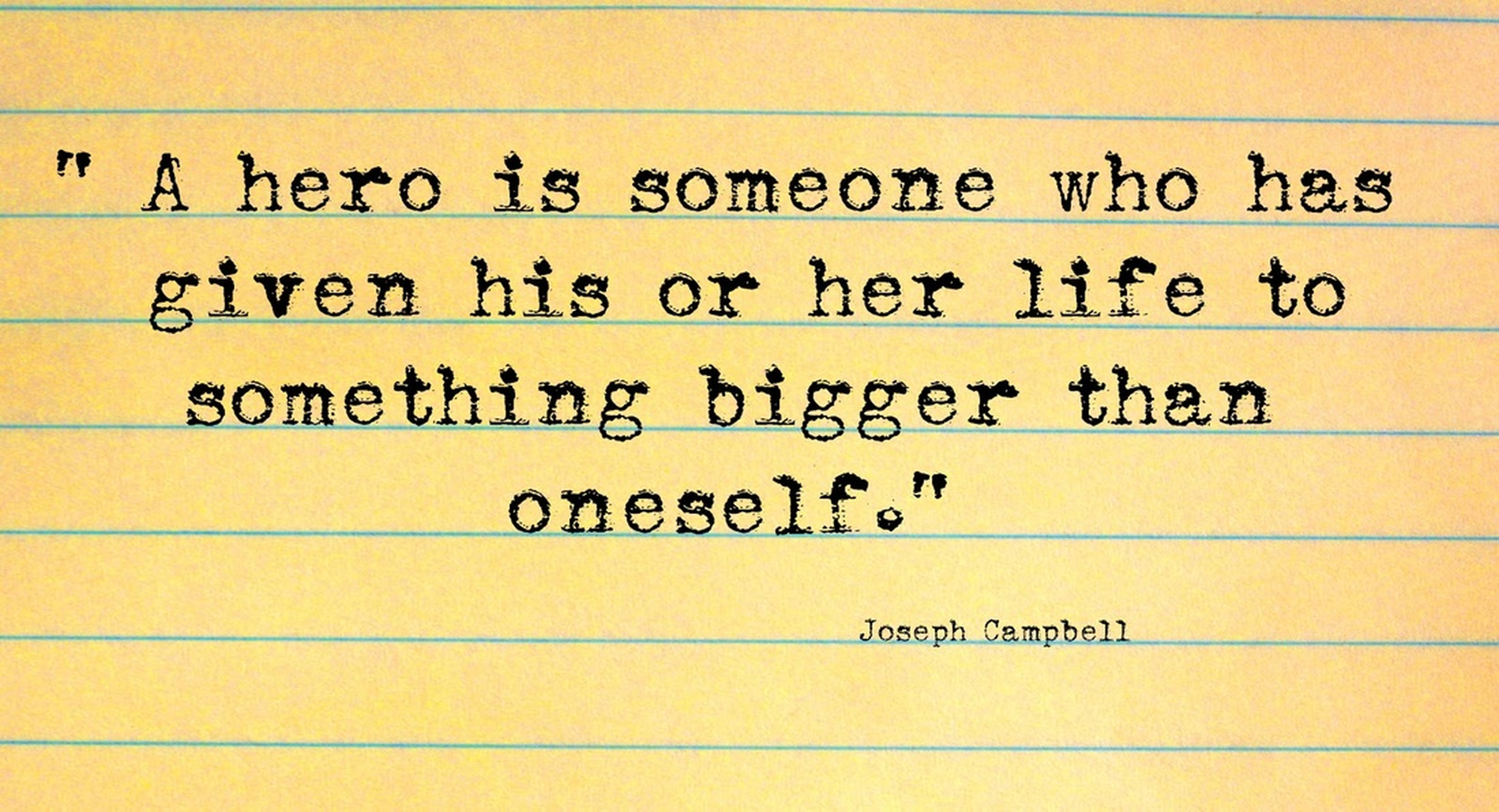
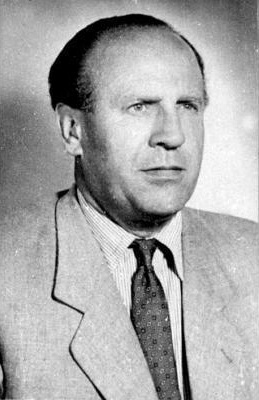
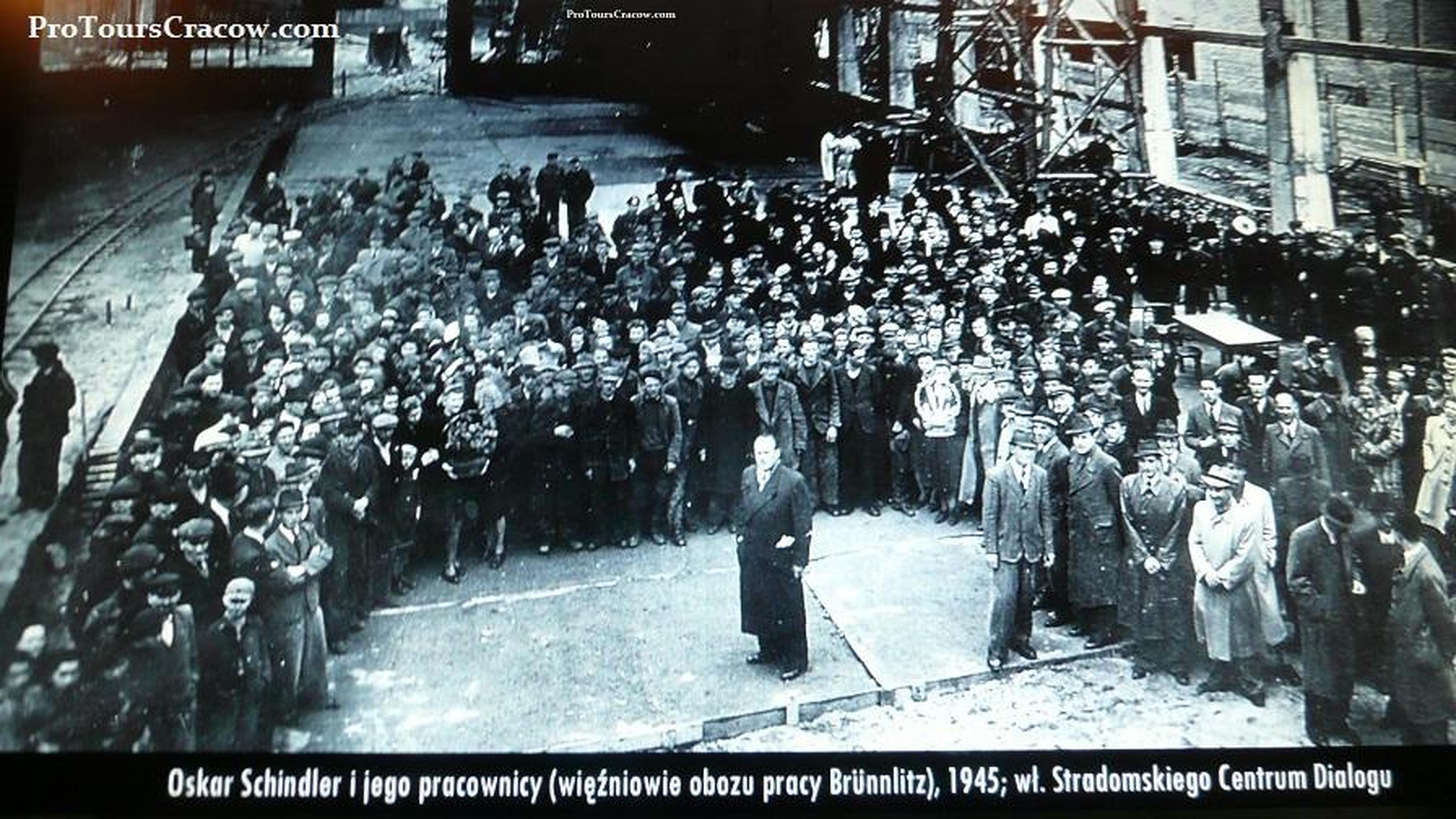
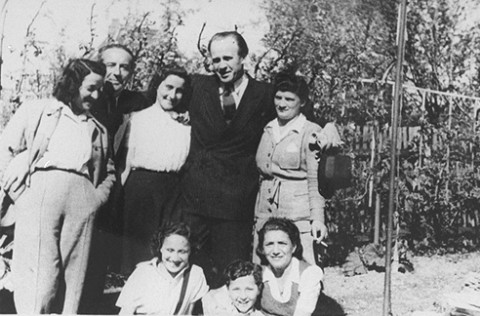
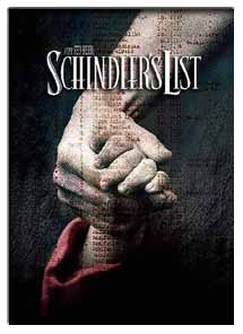
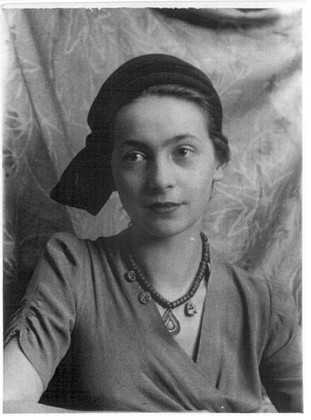
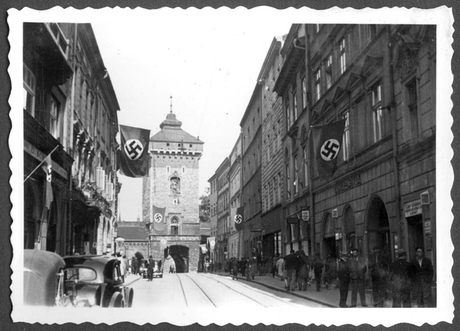
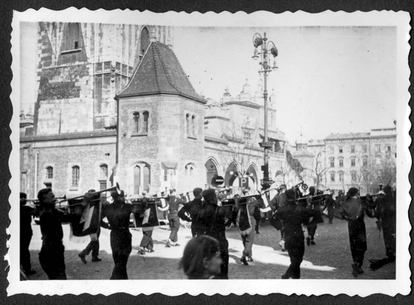
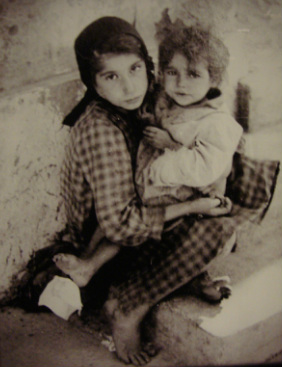
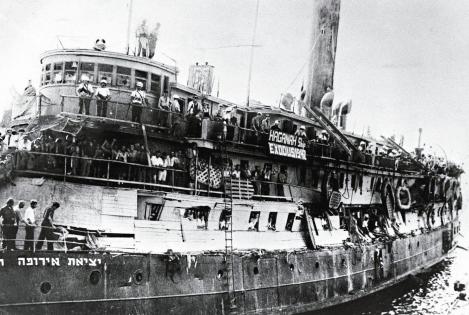
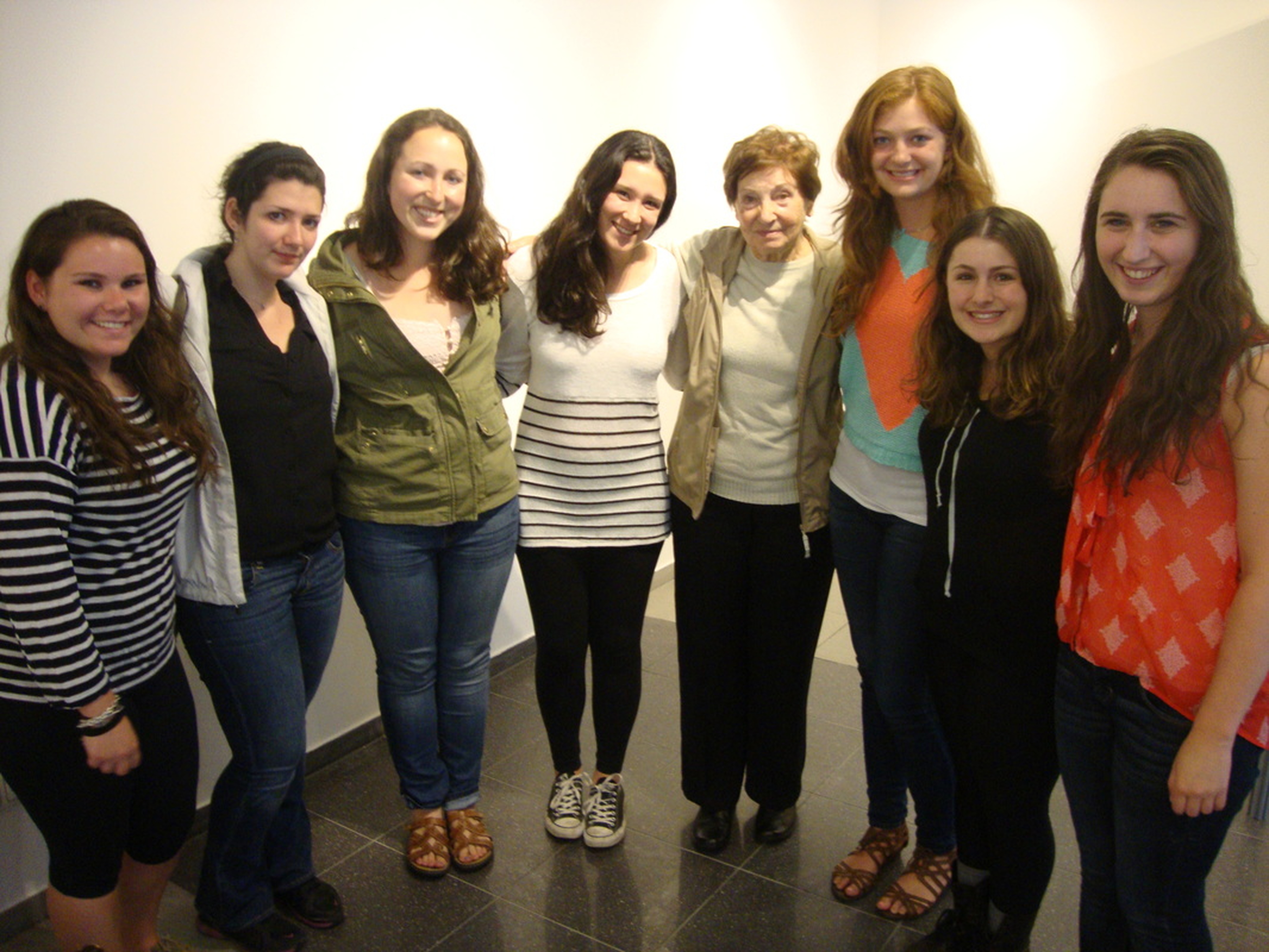
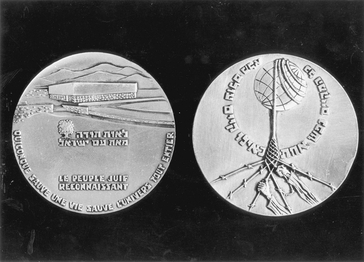
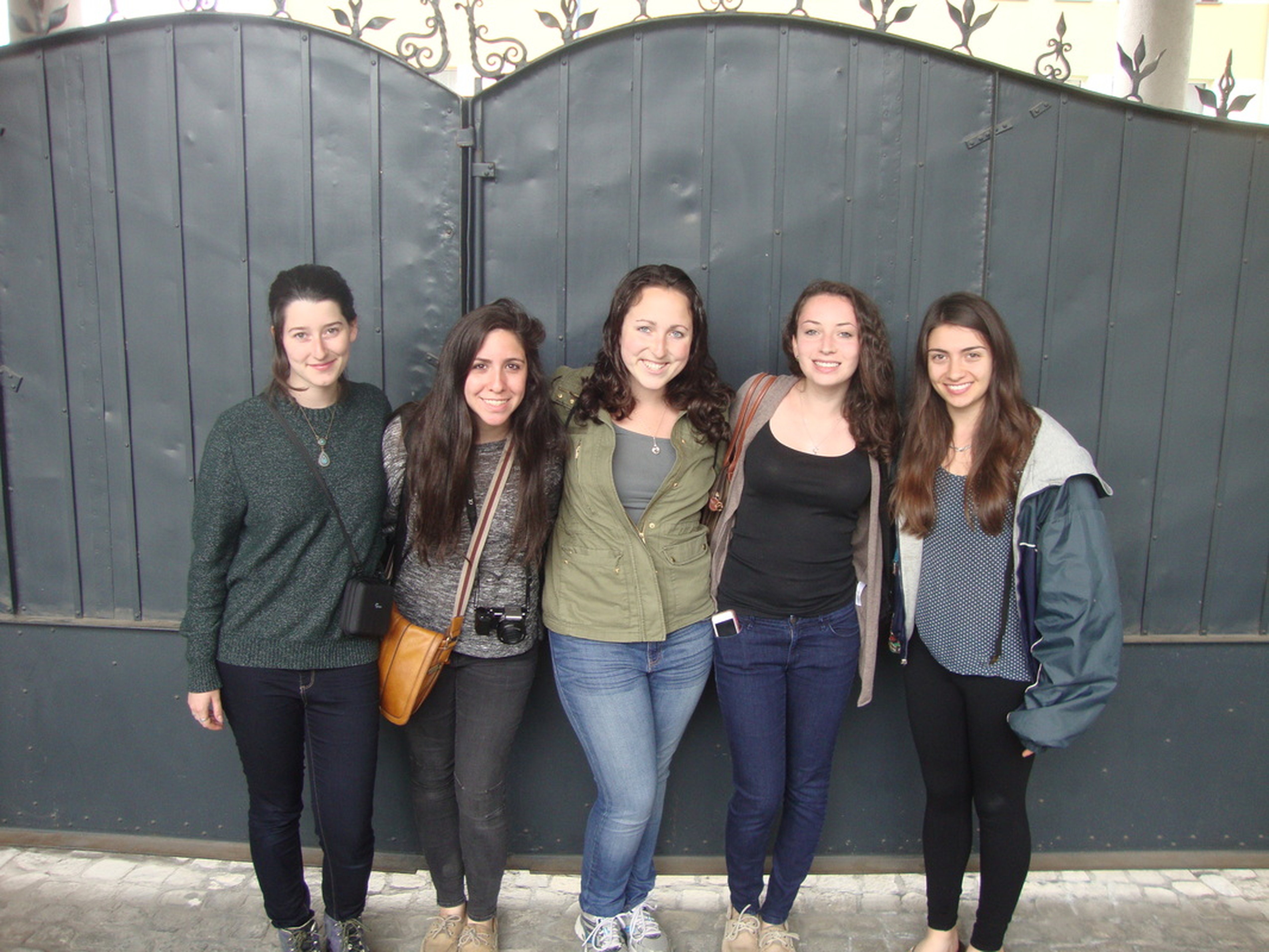
 RSS Feed
RSS Feed
